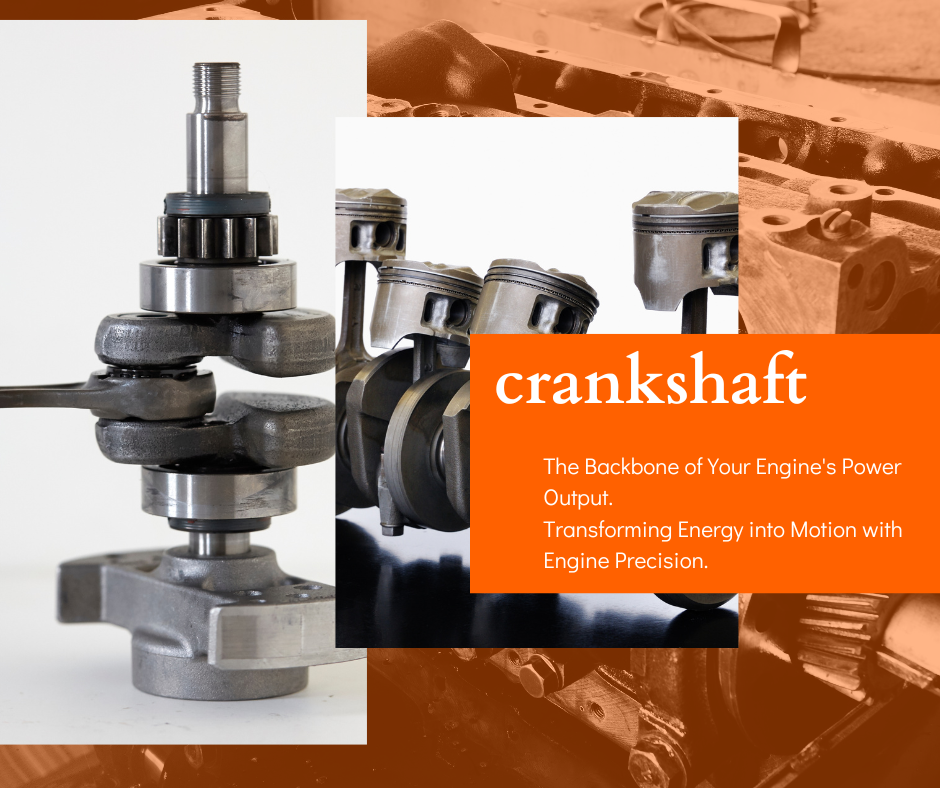Warning Signs of a Faulty Crankshaft

Discover how to spot the early signs of crankshaft failure before it leads to major engine problems;
Understanding Crankshaft Function and Importance
The crankshaft is a vital component of an internal combustion engine. It converts the linear motion of the pistons into rotational motion, which ultimately drives the wheels of the vehicle. Located at the bottom of the engine, it works in conjunction with the connecting rods and pistons to ensure the smooth operation of the engine.
Without a properly functioning crankshaft, your engine cannot run efficiently. This component is responsible for maintaining the engine's balance and ensuring that power is delivered to different parts of the vehicle. Its failure can lead to severe engine damage and costly repairs.
Common Symptoms of Crankshaft Failure
One of the first signs of a failing crankshaft is unusual engine vibrations. These vibrations can be felt throughout the vehicle and often become more noticeable at higher speeds. If you notice these symptoms, it's essential to address them immediately to prevent further damage.
Another common symptom is a knocking noise coming from the engine. This noise typically indicates that the crankshaft bearings are worn out or damaged. Additionally, irregular oil pressure can signal crankshaft problems, as the crankshaft relies on proper lubrication to function correctly.
Diagnosing Crankshaft Issues
Diagnosing crankshaft issues often involves a thorough inspection of the engine. Mechanics use specialized tools to measure the crankshaft's wear and check for any signs of damage or misalignment. They may also perform an oil analysis to detect any metal shavings, which could indicate that the crankshaft is deteriorating.
Modern vehicles come equipped with diagnostic systems that can provide error codes related to crankshaft position sensor problems. These codes can help identify issues early, allowing for timely repairs and maintenance.
Preventive Measures and Maintenance Tips
Regular maintenance is key to preventing crankshaft failure. This includes timely oil changes, as clean oil ensures that the crankshaft and other engine components are properly lubricated. Using high-quality oil and filters can also extend the life of your crankshaft.
It's also crucial to address any engine issues promptly. Ignoring symptoms like unusual vibrations or knocking noises can lead to more severe problems down the line. Regular engine inspections and tune-ups can help detect and resolve minor issues before they escalate.
When to Seek Professional Help for Crankshaft Repair
If you suspect that your crankshaft is faulty, it's essential to seek professional help immediately. Attempting to diagnose or repair crankshaft issues without the proper knowledge and tools can lead to further damage. A qualified mechanic can assess the situation accurately and recommend the best course of action.
In some cases, crankshaft repair may involve replacing the entire component. While this can be costly, it's often the best solution to ensure the longevity and performance of your engine. Always choose a reputable repair shop with experience in dealing with crankshaft issues to guarantee quality service.

 Loading..
Loading..